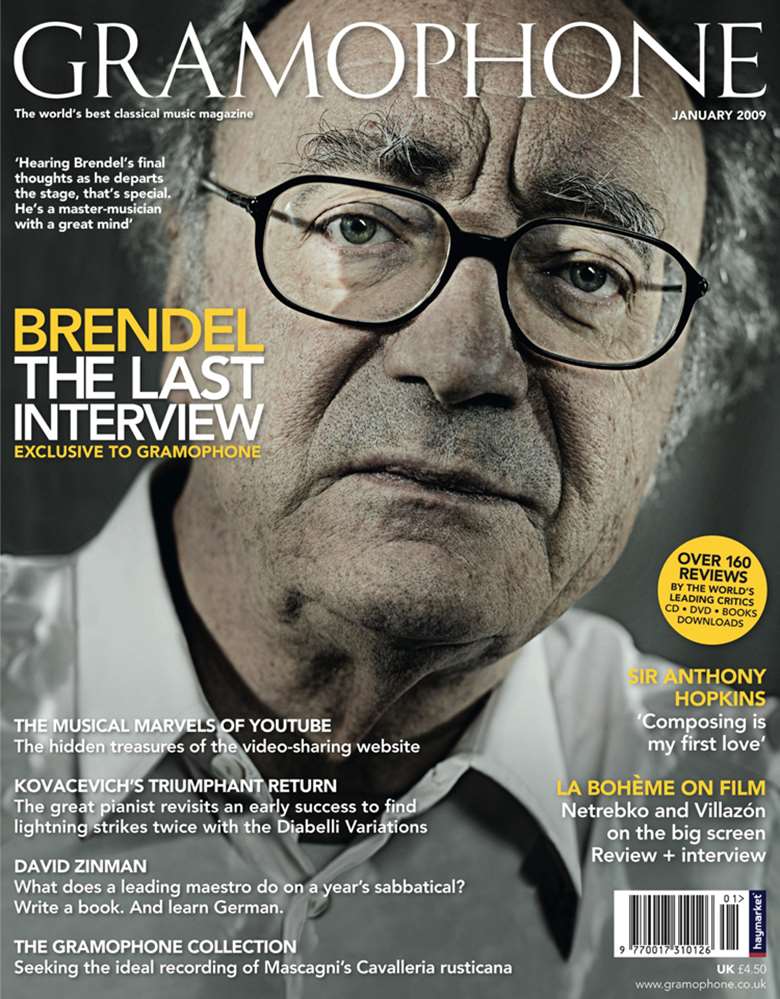Alfred Brendel: the last interview
Stephen Plaistow
Sunday, January 4, 2015
Alfred Brendel, one of the world’s great pianists, gives his final interview to Stephen Plaistow as he retires from the concert platform

Register now to continue reading
Thanks for exploring the Gramophone website. Sign up for a free account today to enjoy the following benefits:
- Free access to 3 subscriber-only articles per month
- Unlimited access to our news, podcasts and awards pages
- Free weekly email newsletter








